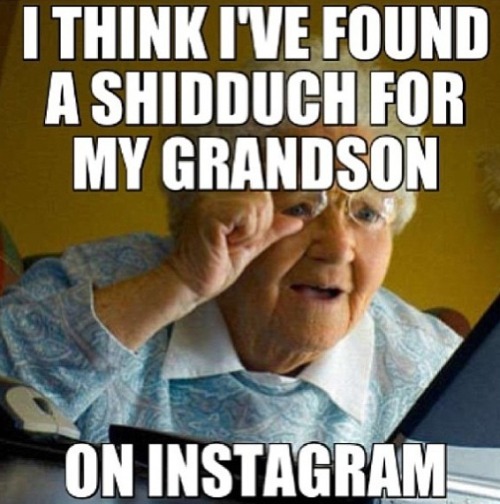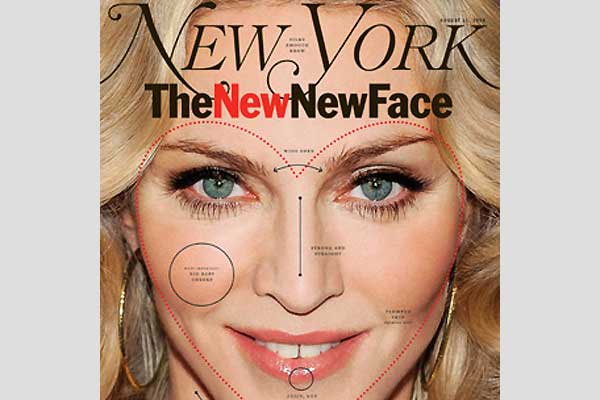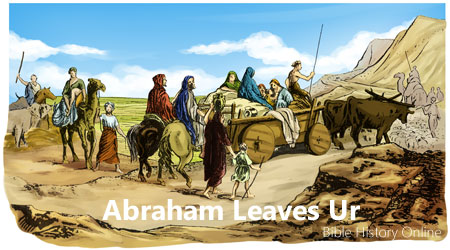I had dreaded attending this singles event. My previous experiences had resulted in my twitching in expectant terror. But it wasn't as bad as I had expected. I had decided not to be so self-conscious, less in my own miserable head and more observant of my fellow victims. It was also obvious that the event planners had put a lot of thought and work into it.
At some point in the evening, after mingling with a multitude of glowing shadchanim, accomplished gals, and clean-cut guys, I realized something:
Shadchanim are attempting to do the impossible.
Scenario: An eager singleton calls up a shadchan (as I have done, over and over): "Hi, my name is Chanie Schwartz, I got your name from my friend Shanie Gross. I just e-mailed you my profile."
A pretty brunette. Smart. Average height. Great job.
"Got your info! I'll be thinking of you!"
Silence.
How is this shadchan supposed to know what this girl, like so many other girls, is really looking for? Sure, she may say the basic "out-going, middos, makes time for learning," but that is how every guy describes himself, too. They tell us to be "open," so that's us being "open."
I felt lost in this room with 39 other women, and I felt equally lost when introduced to the 40 men. Their names and faces blurred together. Accountant, lawyer, med student, over and over. Is this how guys feel when meeting a crowd of perfectly blown hair and mascara? Can they differentiate between the many charming laughs? The girl who's a therapist, or the other girl who's a therapist? At some point, as the old saw goes, "They all look alike to me."
If I can't tell anyone apart, how can a "shadchan"?
Baruch Hashem, our world has grown very large. Our communities swell, and our shuls; it is now a common practice, in my siblings' houses of worship, for families to be meshadech with each other. Perhaps that is the best way—keeping the circles smaller and tighter, knowing a few people better, instead of investing in many acquaintances.
Marriages occur in a multitude of ways, but the most common one I hear of are of close family friends setting up the couple. While I have had egregious dates at the introduction by someone close as opposed to far, the better ones are usually from those who know me or my family well.
And I think we are fooling ourselves if we don't acknowledge that.
Shadchanim enter this business not realizing the sheer quantity and difficulty of selling people they don't really know. There are a select few who possess inborn, savant-like talents in shidduchim. But most are muddling through the mountains of paper, all with the same credentials and the same smiles.
Singles are also mistrustful; they have had too many bad dates, and are less willing to "just go on a date." "Just going on a date" can be soul-crushing, as lofty expectation sinks into depressing disappointment. It robs one of hope.
We are over-stressing, over-straining. In the end, hishtadlus can go so far; what happened to bashert? What happened to faith? Heck, what happened to, ugh, romance? Wasn't this supposed to be fun? Now it's a tiresome chore, if not flat-out torture.
Not to discount the efforts of the professionals, but while there are many non-official "shadchanim," I think there should be more. There are many self-proclaimed "Yenteh"s, less "My son's former roommate would be a good idea for my niece."
Ma has one shidduch under her belt. Ta has one, too. Not impressive, perhaps, considering the number of matches others can claim. But what if each frum person made a point to think about the unattached in their own circle—no further—and tried every once in a while, if the idea seems feasible, to redt them?
Wouldn't that make a big difference?


























